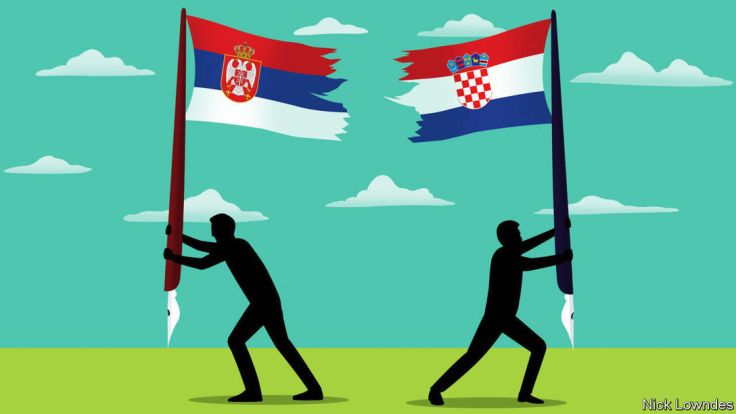
“For all our current interest in identity politics, there’s no corresponding sense of identity linguistics. You are what you speak—the words that run throughout your mind are at least as fundamental to your selfhood as is your ethnicity or your gender. And sometimes it’s healthy to consider human characteristics that are not inborn, rigid, and outwardly defined. After all, you can always learn another language and change who you are. And the more languages you know, the more you appreciate how hard it is to label another person, because each mind contains its own unique collection of words. An individual who wrestles with a difficult language can learn to be more sympathetic to outsiders and open to different experiences of the world. This learning process—the embarrassments, the frustrations, the gradual sense of understanding and connection—is invariably transformative.” SOURCE: Time
In pop culture and the media, race and gender are usually touted as the most important part of a cultural identity, but in the APHG CED, language, religion, and ethnicity are the ones explicitly mentioned. This article calls for a more nuanced understanding of how language opens up the world and is a part of identity. It uses a few examples to show how language shapes our world as well as our perceptions of the world: 1-the politics of monolingual presidents and 2-Chinese men selling lingerie in Egypt (trust me, the examples actually work).



Leave a comment